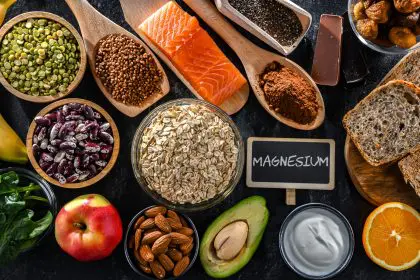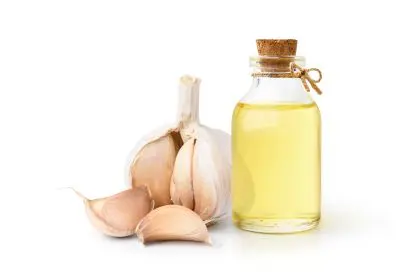
High blood pressure, also known as hypertension, is a silent killer that affects millions of people worldwide. While there are various factors contributing to this condition, one that often gets overlooked is the role of dietary salt intake.
Consuming too much salt can lead to elevated blood pressure levels, increasing the risk of heart disease, stroke, and other health problems. In this article, we’ll shine a spotlight on seven foods that are notorious for their high salt content, and understanding their impact on your health can be your first step toward better blood pressure management.
Canned soups are convenient but often high in sodium
Canned soups have become a convenient meal option for many, but they often pack a sodium punch that can put your blood pressure at risk. These ready-to-eat soups are typically loaded with salt to enhance flavor and act as a preservative. A single serving of some canned soups can contain more than 1,000 milligrams of sodium, which is nearly half of the recommended daily intake. Opt for low-sodium varieties or, better yet, make your own homemade soups to control the salt content.
Processed meats like bacon and ham
Bacon, ham, salami, and other processed meats may be delicious, but they come with a hefty salt price tag. These meats undergo curing and preservation processes that significantly increase their sodium content. Just a few slices of bacon can contain more salt than you should consume in an entire day. If you can’t resist the temptation of processed meats, look for reduced-sodium options or use them sparingly as a flavoring rather than the main attraction.
Fast food is high in salt, calories, and unhealthy fats
Fast food is notorious for its high salt content, and it’s no secret that indulging in your favorite burger and fries can lead to elevated blood pressure. Fast-food items like burgers, fries, and chicken nuggets are often heavily seasoned with salt to keep you coming back for more. In addition to the high sodium content, fast food tends to be calorie-dense and packed with unhealthy fats, making it a double whammy for your cardiovascular health. Reducing your fast food intake can help lower your salt consumption and improve your overall well-being.
Many frozen meals contain high levels of sodium
Frozen meals are a convenient solution for those with busy lifestyles, but convenience often comes at the price of excessive salt. Many frozen dinners and entrees contain high levels of sodium to enhance flavor and act as a preservative. While they may seem like a quick and easy dinner option, they can have a lasting negative impact on your health. Check the nutrition labels and choose frozen meals with lower sodium content, or prepare your own balanced frozen meals in advance to control your salt intake.
The saltiness of snack foods keeps you reaching for more
Potato chips, pretzels, and other snack foods may be tempting to munch on while watching a movie or enjoying a game night, but they are salt bombs that can spike your blood pressure. The saltiness in these snacks is no accident; it’s designed to keep you reaching for more. The result is often an overconsumption of sodium that can lead to health issues. To satisfy your snack cravings without jeopardizing your blood pressure, opt for healthier alternatives like air-popped popcorn or roasted nuts with minimal added salt.
Hidden salt in sauces and condiments
Many people don’t realize that the sauces and condiments they use to flavor their meals can be packed with salt. Ketchup, soy sauce, barbecue sauce, and salad dressings are some of the common culprits. Just a small drizzle or dip can significantly contribute to your daily salt intake. When using these condiments, try to use them sparingly or explore low-sodium versions. Alternatively, experiment with herbs and spices to add flavor to your dishes without relying on salty condiments.
Pickled and fermented foods can be unexpectedly high in sodium due to the pickling process
Pickled vegetables, sauerkraut, and kimchi are beloved for their unique flavors and probiotic benefits, but they can also be hidden sources of salt. The pickling process involves soaking foods in a brine solution, which can make these otherwise healthy options surprisingly high in sodium. If you enjoy pickled or fermented foods, be mindful of your portion sizes, as even a small serving can contribute to your daily salt intake.
While the allure of salty foods can be hard to resist, understanding their impact on your health is crucial. High salt intake is a major contributor to elevated blood pressure, which can increase the risk of serious health problems. By being mindful of the salt content in the foods you consume and making healthier choices, you can take significant steps towards managing your blood pressure and leading a heart-healthy life. Your health is your most valuable asset, and it’s worth the effort to protect it from the hidden dangers of excess salt in your diet.
This story was created using AI technology.
















